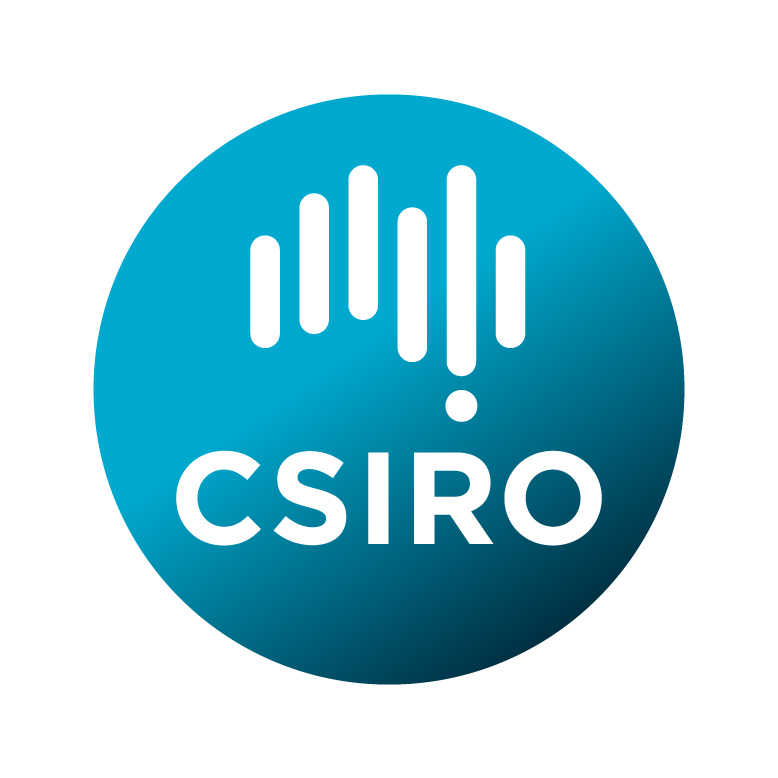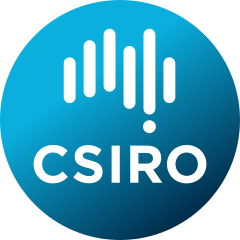
 CSIRO’s Data61, Australia’s largest data innovation network, and Defence Science and Technology Group (DSTG) have created a new product called the Cross-Domain Desktop Compositor (CDDC), which gives users access to multiple computer networks through a single interface, streamlining workflow without compromising security or usability.
CSIRO’s Data61, Australia’s largest data innovation network, and Defence Science and Technology Group (DSTG) have created a new product called the Cross-Domain Desktop Compositor (CDDC), which gives users access to multiple computer networks through a single interface, streamlining workflow without compromising security or usability.
Currently, government and defence staff use multiple segregated computer networks to maintain and protect classified data. The work is complicated by staff needing to access multiple networks concurrently to view and transfer data between systems. In areas with limited physical work space, such as ships, staff require a single user interface to access multiple domains.
The CDDC provides a seamless, fully integrated, secure system to fulfil this need and allows for additional functionality like controlled data transfer and copy-and-paste using intuitive design.
Other market solutions can provide a trade-off between security and usability. Those that favour usability over security are generally vulnerable to cyber-attacks, resulting in leakage of secret data from one network to another. In contrast, those that favour security over usability prohibit simultaneous access to data from multiple domains on the same screen.
The CDDC is powered by Data61’s seL4 microkernel operating system, which is also used in autonomous helicopters and trucks; and DSTG’s hardware security innovation.
Toby Murray, Senior Researcher in Data61’s Trustworthy Systems Team says that seL4 and its use in the CDDC is the outcome of world-leading research.
“We have proved that seL4 enforces very strong security requirements, and is free of many classes of security vulnerabilities that plague commodity systems. In the CDDC we are using seL4 to support an integrated view of information, while providing fine-grained control of information flows, including controlled cut-and-paste between separate networks.”
While defence is the first focus market for the CDDC, it has broad applications across government and enterprise, as well critical infrastructure, banking, health and autonomous systems.
Mark Beaumont, DST researcher said, “In an age where security is at a premium, a new approach to cyber security is needed. The CDDC platform is an example of how we can fundamentally change the way real-world systems are built and engineered, with trustworthiness assured to the highest degree possible without sacrificing usability.”
“It will also be interoperable with existing desktop infrastructure, and cheaper than traditional low to medium assurance products. Existing solutions are often complex and expensive to deploy and maintain – in contrast the CDDC is plug and play,” said Mr Beaumont.
Adrian Turner, CEO of CSIRO’s Data61, said the CDDC is another great example of how Australian research and collaboration can underpin the development of new products with applications across a range of industries.
“Data61 has world-leading expertise in designing and building trustworthy systems. We have partnered with the DSTG Group to overcome tough cyber-security challenges through deep science, engineering and user experience design.”
The Australian Department of Defence has successfully trialled the system and now Data61 plans to market the CDDC.
Mr Turner explained the plans to commercialise the product across a range of industries.
“We have developed a roadmap to commercialise this product with the defence market and support from the Defence Innovation Hub.”
“We will also enable a local supply chain to develop the platform for further global applications,” said Mr Turner.
The CDDC is a finalist in three categories in the 2017 National iAwards. The key goal of the iAwards is to discover, recognise and reward the technology innovations that have a positive impact on the community.
About CSIRO’s Data61
CSIRO’S Data61 is addressing the challenge of how to create Australia and the region’s data-driven future with science and technology by partnering with industry, government and universities globally to deliver economic, societal and environment outcomes. As Australia’s largest digital innovation network, Data61’s capabilities range from cybersecurity, confidential computing, IoT, robotics, machine learning and analytics, software and programming to behavioural sciences and more. For further information, visit www.data61.csiro.au and @data61news.






